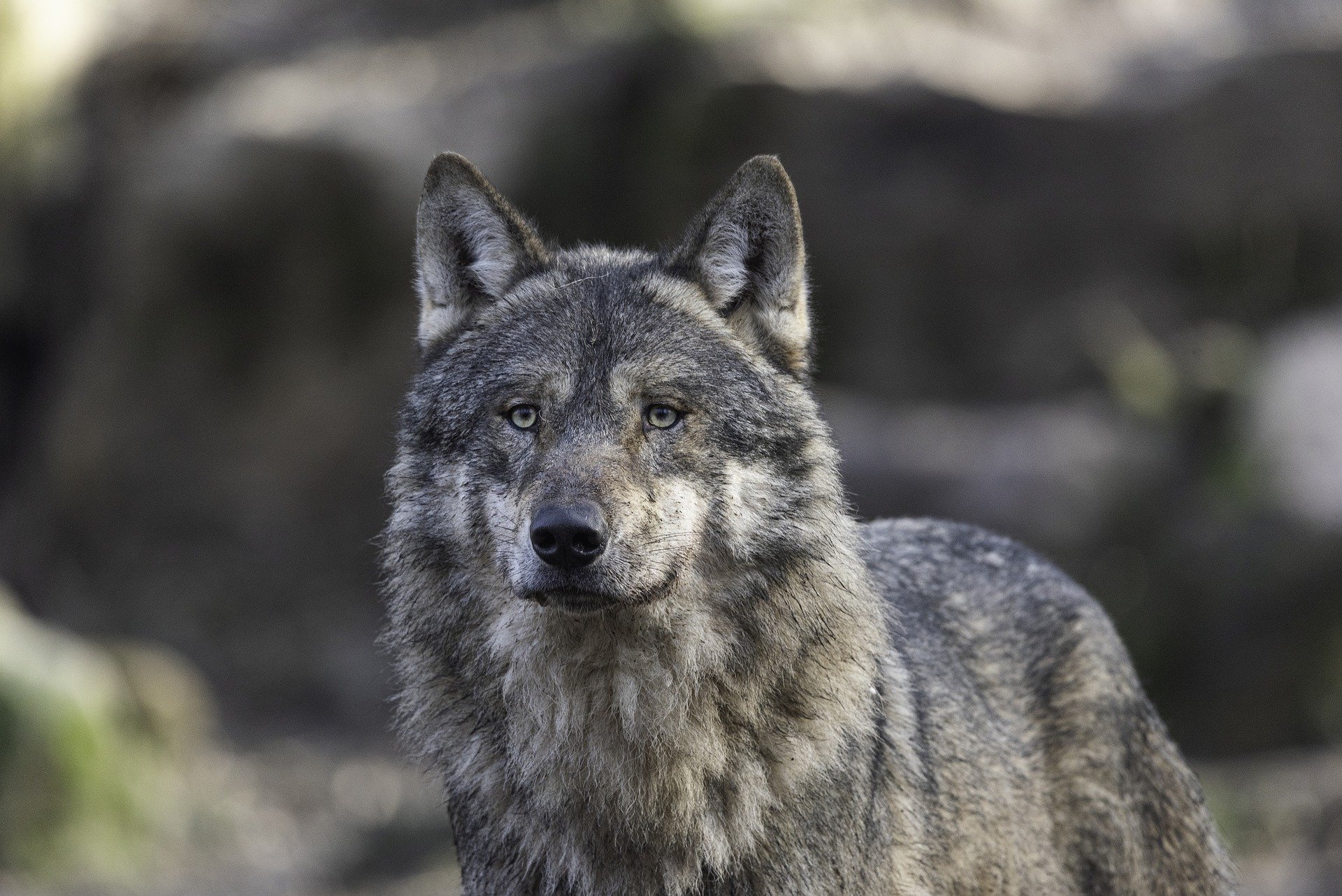State Officials Will Have $1 Million to Slaughter Gray Wolves in Idaho
The Idaho Wolf Depredation Control Board has requested an additional $392,000 to fund the killing spree of up to 90 percent of the state’s wolves.
Idaho state officials from the Wolf Depredation Control Board have requested $392,000 from the general fund to finance the slaughter of gray wolves in the area. This, combined with other revenue sources, will take the total funding allocated toward killing the state’s wolves to over $1 million.
On top of general fund money, the Wolf Depredation Control Board will also receive $300,000 from Fish and Game and $110,000 from livestock producers. The money goes into the Wolf Control Fund, which has an existing balance of about $230,000.
The board’s general fund request is the same as last year, but a change in Idaho law last year is sending an additional $190,000 to the board from fees paid by hunters and trappers to the Idaho Department of Fish and Game.
The Joint Finance-Appropriations Committee is setting state agency budgets for the fiscal year 2023, which starts in July. It will make a decision on the wolf control board’s general fund request later this session.
The request follows last year’s change in Idaho’s wolf killing legislation, which drew outrage from scientists, conservations, and even pro-hunting groups. Lawmakers signed into law a bill aimed at killing 90 percent of the state’s then 1,500 wolves. The shocking legislation went as far as to remove any limits of the number of wolves hunters may slaughter and allow for wolves and their newborn pups to be killed by any method currently legal in the state, including trapping, baiting, and shooting from vehicles such as airplanes and snowmobiles. The law went into effect in 2021 and Idaho’s Fish and Game Commission is expected to release the current population estimate next week.
The bill was heavily backed by members of Idaho’s agriculture industry who claim the wolves harm their industry by attacking farmed animals. However, between 2019 to 2020 the USDA Wildlife Services only recorded around 100 attacks on livestock by wolves in Idaho, adding that at the start of 2020 there were more than 2.7 million cattle and sheep in the state.
Wolves in the Rockies have faced severe threats in recent years. In 2020, the once nearly extinct gray wolf was removed from the US Fish & Wildlife Service’s (FWS) endangered species list, leaving the animal without any legal protection. In the months that followed, states including Idaho, Montana, and Wyoming introduced new legislation that set in motion, the widespread, practically unrestricted killing of wolves, from ‘eliminating’ entire packs to the slaughter of pups.
In response to the killings, campaigners submitted several emergency petitions to the U.S. Fish and Wildlife Service (FWS), calling for the wolves to be relisted as an endangered species. In response, the FWS announced a formal, year-long status review of gray wolves across the western United States, noting that the petitions presented “substantial, credible information indicating that a listing action may be warranted". However, with concerns that entire wolf populations could be wiped out within months, campaigners have argued that this is not enough.
“Anti-wolf policies in Idaho and Montana could wipe out wolves and erase decades of wolf recovery. We’re glad that federal officials have started a review, but wolves are under the gun now so they need protection right away,” said Andrea Zaccardi, a senior attorney at the Center for Biological Diversity in response to the FWS review.
Through the Endangered Species Act, federal protection of the gray wolf of the Northern Rockies can be restored overnight on an emergency basis.
Take Action Now
More stories:
Species Unite
A collection of stories of those who fight the good fight on behalf of animals.




A judge has issued Pennsylvania’s first habeas corpus order for a nonhuman animal, advancing NhRP’s fight to move five African elephants from the Pittsburgh Zoo to a sanctuary.